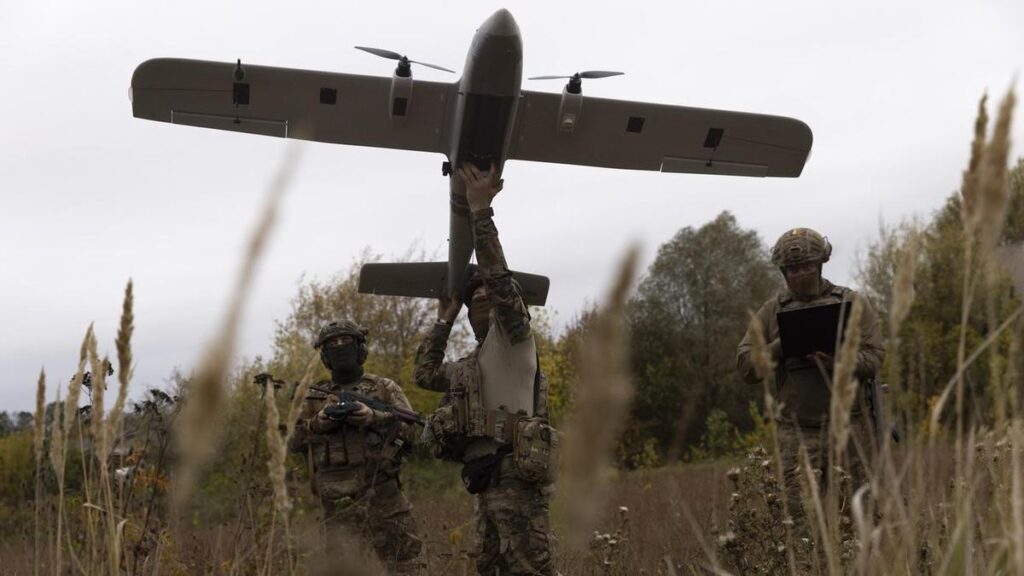
UPDATE: German Chancellor Friedrich Merz is pushing for the European Union to release up to €140 billion (approximately $A249 billion) in frozen Russian assets to support Ukraine’s defense against the ongoing war. This urgent proposal marks Germany’s first strong public backing for such a financial maneuver, aiming to disrupt Russia’s war efforts.
In a Financial Times editorial published today, Merz outlined a plan for an interest-free EU loan backed by these frozen assets, which would remain untouched until Russia fulfills its reparations obligations. This proposal seeks to address prior legal concerns that had prevented Germany and other EU nations from seizing Russian assets completely.
“We need a new impetus to change Russia’s calculations,” Merz stated, emphasizing the need for immediate action to encourage negotiations. “Now is the moment to apply an effective lever that will disrupt the Russian president’s cynical game of buying time.”
The Chancellor’s remarks come ahead of an informal EU summit scheduled for next week in Copenhagen, where this plan is expected to dominate discussions. Merz suggested that by the end of October 2023, EU leaders should mandate the preparation of this legally secure financial instrument, with funds disbursed in tranches and joint decisions on arms procurement made with the involvement of Kyiv.
Germany, the EU’s largest economy and Ukraine’s second-largest military supporter, has historically been cautious regarding asset confiscation. Finance Minister Lars Klingbeil echoed Merz’s sentiments, stating that Europe must apply maximum pressure on Russian President Vladimir Putin to hasten the end of the war. “It is crucial to explore all legally viable avenues regarding frozen Russian assets,” Klingbeil affirmed.
Until now, the EU has primarily accessed only the interest generated from these frozen assets since their imposition following Russia’s invasion of Ukraine in February 2022. The urgency of this new proposal is heightened by uncertainty regarding the level of support Ukraine will receive from the United States under President Donald Trump, who advocates for Europe to shoulder more of its defense responsibilities.
The financial plan could significantly bolster Ukraine’s war efforts at a critical time when military support is imperative. As discussions progress, public and political pressure mounts on EU officials to find effective solutions that align with legal and ethical standards while providing immediate aid to Ukraine.
This is a developing story. Stay tuned for updates on the outcome of the EU summit and the future of frozen Russian assets.






